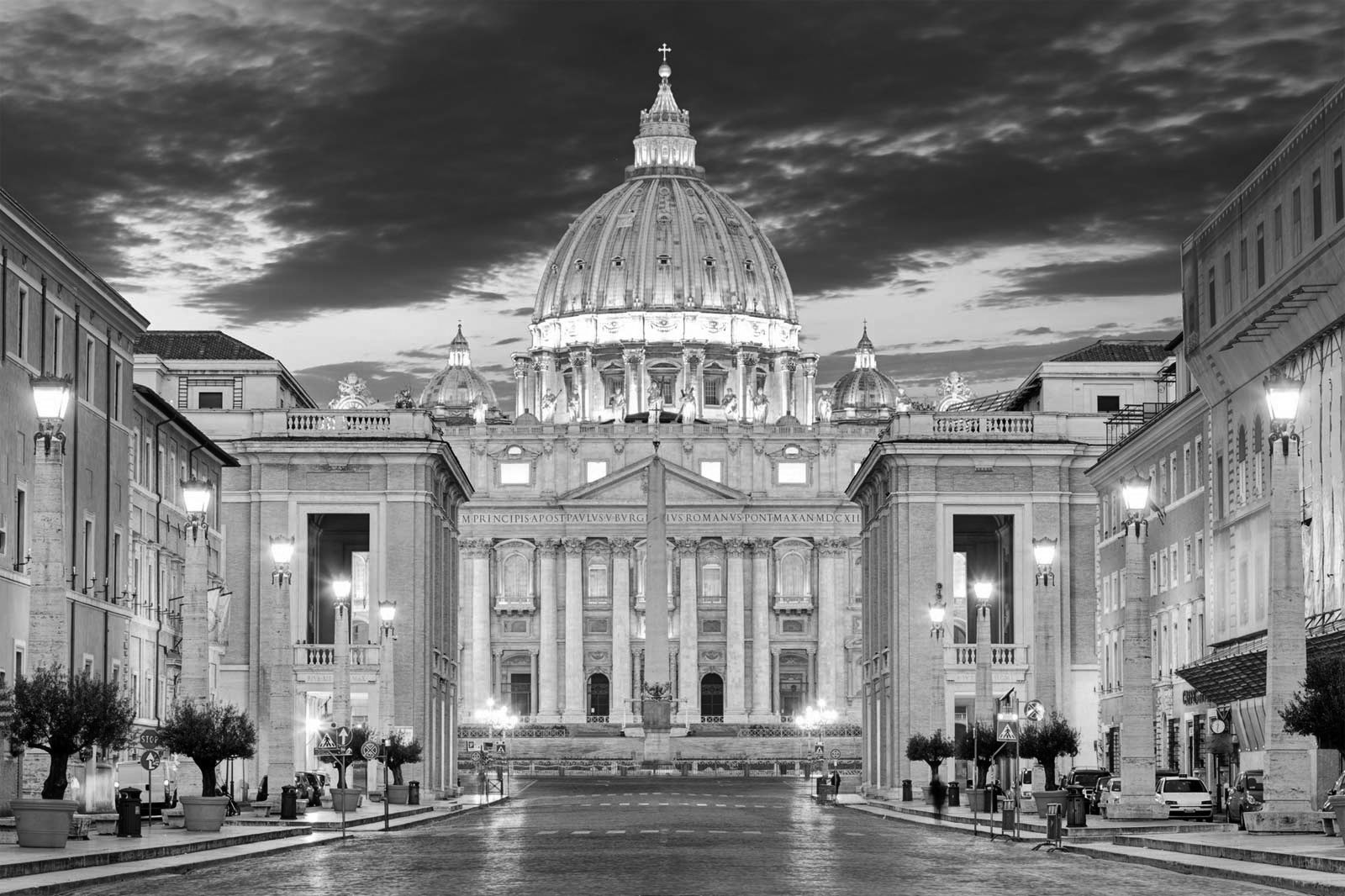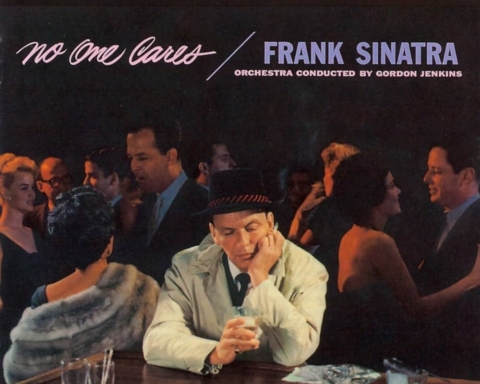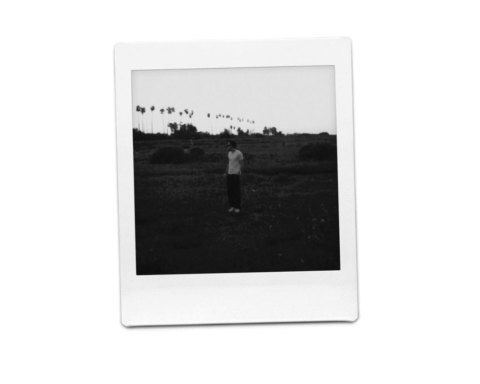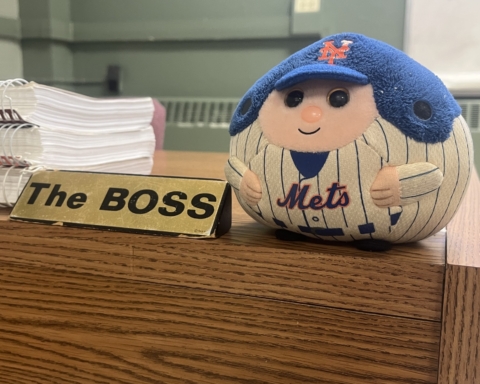“For the times they are a-changin’,” wrote singer and songwriter Bob Dylan. This line may seem simple, but many of us overlook its importance. The times are always changing, and so are we.
In the last issue of the BV, Luke Nolan pitted the changing culture against the doctrines professed by the Catholic Church. While I admire Nolan’s zeal for the Catholic intellectual tradition, I do not believe in the same static and unchanging Church which he advocated for.
Nolan argued that instead of using our cultural experiences to help interpret our theology, Catholics should “preserve the intellectual and moral traditions which it has upheld for 2,000 years.”
However, revelation did not simply fall into the laps of the apostles, never to change again. The Church’s intellectual and moral tradition developed over a long period of time and in response to a rapidly changing world.
Movements within the Church such as monasticism and scholasticism didn’t begin with Jesus, but evolved and transformed. Doctrine itself is a developmental process, and so is the language the Church uses to express her core beliefs.
Nolan wants to separate culture from doctrinal development as much as possible because the truth never changes and cultures do. However, the experiences Catholics have led them to new ways of understanding their faith.
In Gaudium et Spes, the Second Vatican Council professed, “The experience of past ages, the progress of the sciences and the treasures hidden in the various forms of human culture, by all of which the nature of man himself is more clearly revealed and new roads to truth are opened, these profit the Church, too.”
The Church is not removed from the world. The Church is “ripened” by the diverse cultural experiences throughout the world, so much so that it is aided by the experiences of “both believers and unbelievers.”
Far from a dumbing-down of religion, modern theologians expand horizons by accepting what is true, good and beautiful in a variety of different human experiences.
I would contend that Nolan’s view confines tradition to the past and prevents it from the nourishment of our own lives.
This does not mean that Catholics should throw out doctrine, tradition or truth in favor of their subjective experience. It does mean, however, that our experiences matter.
When approaching questions of tradition and Catholic doctrine, Catholics should always approach theology and apologetics with humility.
Cardinal Henri de Lubac, one of the most distinguished Catholic theologians of the 20th century, admits that even doctrine and dogma are limited, if only by the language the Church uses.
In his book Nature and Grace, de Lubac argues that “the Christian knows that no word having a human origin is truly adequate to express the divine newness to which he/she is invited.”
This highlights a deeper conviction that Catholic mystics and theologians have held for centuries, but that I think is best described by the Trappist monk Thomas Keating.
“God’s first language is silence,” he said. “Everything else is a translation.”
Photo courtesy of pulpitandpen.org
Tyler Grudi is an associate editor at The Bona Venture
His email is gruditj15@bonaventure.edu






